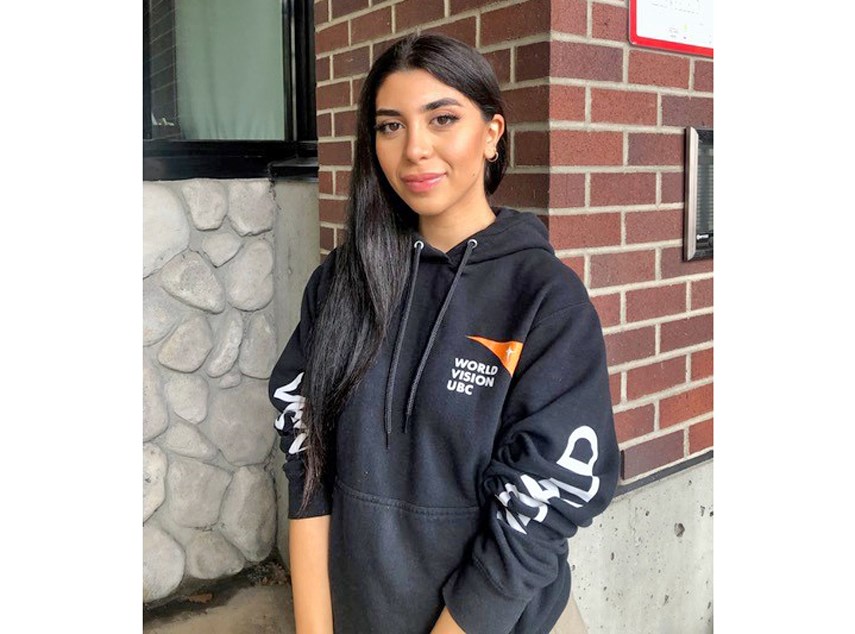If there’s one thing that many young Canadians are certain of these days, it’s that they’re feeling a lack of certainty when it comes to their immediate futures. But they’re also feeling a lot of hope.
Like many people who are just trying to do their best in the era of COVID-19, West Vancouver resident Tanaz Pourkaram has been anxious about a great many things.
She’s been filled with equal bouts excitement and apprehension about starting her dietetics program at UBC this fall, even though the online education she’ll be receiving falls short of the in-person instruction she was hoping for.
And, naturally, she’s felt fear over the ongoing health crisis which has so far claimed the lives of more than 8,000 people in Canada and more than 400,000 people worldwide.
Her most immediate cause for concern, however, has involved her family back home in Iran.
“All my family is in Iran also, so we always have to live in that fear of what’s going on there,” Pourkaram, 21, tells the North Shore News. “I’m super grateful that we have this super health-care system [in Canada], that is such a relief. We know that health care covers us.”
Iran was one of the countries that was hardest hit by the novel coronavirus, especially early on in the global outbreak. There has been almost 200,000 confirmed cases of the virus in the country, resulting in 9,000 deaths.
A few weeks ago, Pourkaram received the news that her uncle in Tehran had been diagnosed with the disease.
Even though her uncle and his wife have a newborn at home, he’s had to be hooked up to a ventilator to breathe a little easier with the virus taking its toll.
“It’s around the two-week mark and he’s still sick,” says Pourkaram. “You have to be there for your family – but we can’t be with them right now.”
But despite her own feelings of global uncertainty, Pourkaram has been intent on sharing a message of togetherness for other youth the world over who may be feeling trapping in this unprecedented time of isolation.
A youth ambassador with World Vision Canada, a relief, development and advocacy organization that works with vulnerable populations all over the world, Pourkaram recently lent her voice to an outreach video produced by university students from across Canada sharing how their view of the world has changed since COVID-19 hit.
In the two-and-a-half-minute-long video, aerial shots from all around the world are accompanied by Canadian students, representing World Vision Canada, as they narrate their thoughts, fears, and anxieties about the state of the world.
“As an Iranian immigrant, seeing my family in Iran struggle to get basic health care and being so afraid to go out of their houses has definitely impacted me and made me realize that I’m in such a safe place here and I worry for those who don’t have the same health-care system in other countries,” states Pourkaram, in the video.
A recent survey by Abacus Research, which was commissioned by World Vision, states that more than half of you Canadians worry their job could disappear, and more than a quarter of young Canadians feel like their emotional and mental health has been affected more than others during the era of the pandemic.
Sixty-four per cent of young Canadians think about the impact of the pandemic on people in poor or developing countries, according to the survey, which explored a variety of Canadian pandemic perspectives on mental health impacts of the virus, relationships, job security, and outlooks on the future.
For Pourkaram participating in World Vision’s video was a chance to show that all young people are feeling a lot of the same things, and there’s a hope in that unity, she says.
“I find myself when I keep my feelings inside I get more anxiety,” she says. “Reach out to someone who could help you.”



